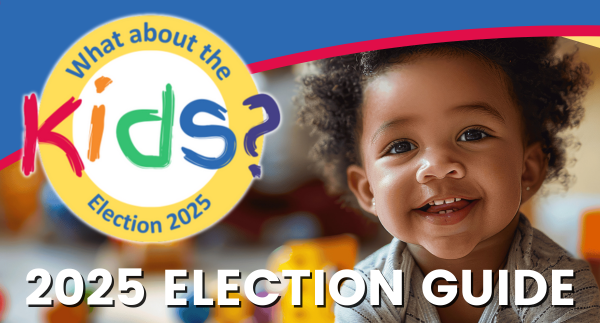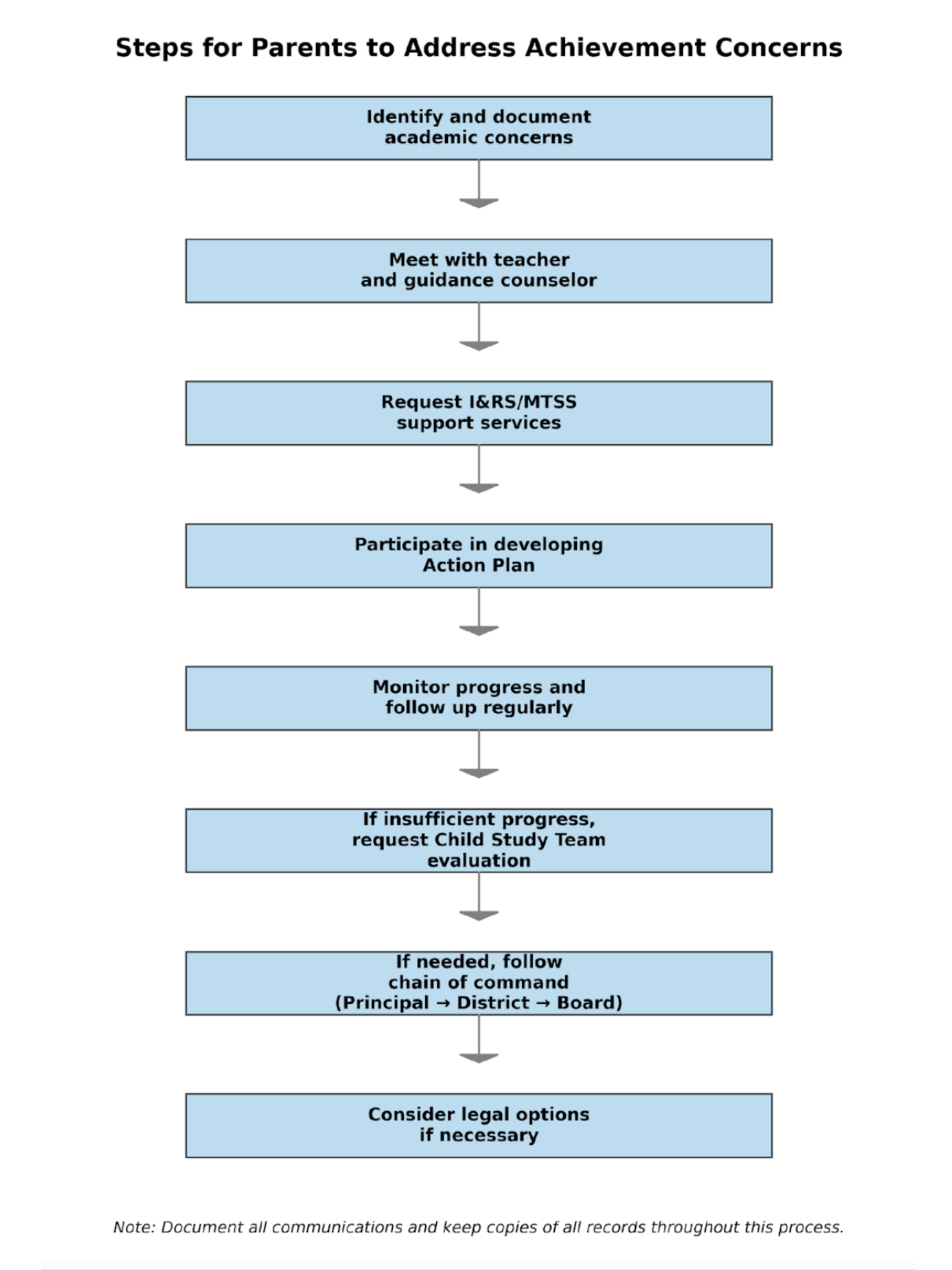Posted on October 6, 2025

Manager, Health Policy
Patient-centered care prioritizes the needs of each individual. One powerful example is group prenatal care, such as CenteringPregnancy®, which has been shown to lower the risk of preterm birth, low birthweight and NICU stays. In New Jersey, we need to build greater awareness of group prenatal care and update policies to ensure all birthing people receive the high-quality care they deserve.
What is Centering?
Centering Healthcare Institute is a non-profit organization that works closely with health care providers from all sectors to transform healthcare delivery, especially regarding improving outcomes related to mothers, babies and families. With over three decades of experience as the go-to resource for group care, we have developed and sustained the evidence-based Centering model of care in nearly 500 practice sites and in some of the largest health systems in the world.

Let's make children and their
families the center of the
2025 Election Campaign.
-
-
-
- Facilitated, group-based medical appointments consisting of:
-
- Health assessments
- Interactive learning
- Community building
-
- Higher rates of patient satisfaction, preparation for labor and delivery
- Improved attendance at visits and stress reduction
- Patients have the opportunity to be heard
- Providers have a chance to listen and evaluate patient needs
- Reduction in racial and socioeconomic disparities in birth outcomes
- Facilitated, group-based medical appointments consisting of:
-
-
Evidence
With over 200 peer-reviewed studies, Centering:
- Reduces the risk of preterm birth by 33-47%, with further reduced risk for Black pregnant people
- Increases breastfeeding initiation
- Increases likelihood of LARCs (Long-Acting Reversible Contraception) use by 70%
- Reduces the risk of NICU admissions by 37%
- Reduces emergency room utilization

Centering in New Jersey
-
-
-
- 24 CenteringPregnancy sites, over 500 patients served
- More than 1 in 4 pregnant patients at NJ CenteringPregnancy sites received care through CenteringPregnancy
- 2023 Data:
-
-
| Centering | New Jersey | |
| Preterm Birth | 9.9% | 11.3% |
| Low Birth Weight | 6.8% | 7.98% |
CHI’s Policy Recommendations
-
-
-
- Increase the enhanced reimbursement rate for group prenatal care from $7 to $45 per patient per session
- Include coverage for federally qualified health centers (FQHCs) in amended policy as FQHCs serve underserved populations, reduce barriers to care, improve birth outcomes, reduce health disparities and support financial sustainability
-
-
Why an Increase for Enhanced Reimbursement is Beneficial for NJ
-
-
-
- Targets disparities
-
-
-
-
-
-
-
- With the support and education that group prenatal care provides, it allows both patient and providers to address social determinants of health
-
-
-
-
-
-
-
- Cost Savings for Medicaid
-
-
-
-
-
-
-
- Almost half of the births being financed by Medicaid, meaning the outcomes that Centering has proven to have can translate to cost savings for Medicaid
- Enhanced reimbursement also helps providers cover the extra time, staffing and materials needed
-
-
-
-
-
-
-
- Alignment with Existing Initiatives
-
-
-
-
-
-
-
- New Jersey has made significant strides in improving maternal and child health outcomes and increasing the reimbursement for group prenatal care would continue with this broader strategy.
-
-
-
-
Call to Action
-
-
-
- Invest in long-term cost savings
- Improve maternal and child health outcomes by recognizing CenteringPregnancy as patient-centered care and closing gaps in maternal morbidity and mortality
-
-
To learn more about our models of care, expand Centering in New Jersey, and influence policy, partner with the Centering Healthcare Institute.



